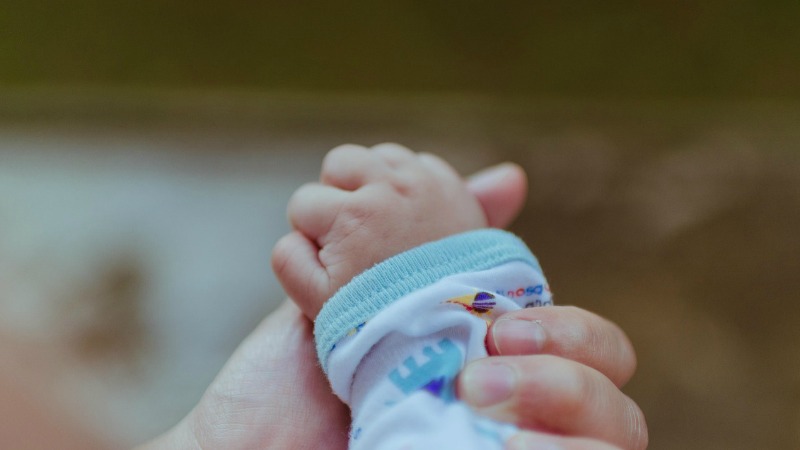As a young child, I remember sitting in church and listening as my pastor flipped through one apocalyptic scenario after another in his prophecy charts, and wondering: What would my hometown of Biloxi, Mississippi, look like after the seals of the Book of Revelation were opened? What would I see if I could look out at my home and see that all hell had broken loose on this city?
In those days a certain eschatology was fashionable among Southern Baptists, and I was reassured by those around me that we Christians would be raptured long before any such catastrophe struck. No need to worry, I was told; I’ll be in heaven, unreachable by hell or high water.
Ten years ago this week, I watched as my city experienced an apocalypse. And rather than watching it all helplessly from heaven, I watched—even more helplessly—on CNN. That week a decade ago I was safely a thousand miles away as Hurricane Katrina drove my beloved Biloxi virtually off the map. After the National Guard allowed traffic into the disaster area, I drove down Highway 90, along the Gulf, with my wife. I pulled the car over to cry, and to vomit. Houses of family and friends: gone. Churches I’d heard and preached the gospel in: gone. Most of the landmarks of my childhood, adolescence, and young adulthood: gone. And thousands of my fellow Coastians (and New Orleanians): devastated. The strewn brick and rotting fish and jagged trees all lay there in the coastal sun like a decomposing corpse.
Some people said it looked like Hiroshima after the bombing. My thought instead, conditioned by my fundamentalist background, was that it looked like Babylon after the fall of the Beast. It was like the end of the world I used to worry about, just a couple miles down the road from there. And, in some ways, it was.
Ten years later, most everything that could be rebuilt has been. You can’t rebuild a beachfront antebellum house or a hundred year-old church. Instead, old Biloxi is now dotted with (even more) casinos, (even more) Waffle Houses, and Wal-Marts and Bed, Bath, and Beyonds. The hometown of my memory isn’t there anymore. But then again, it never really was.
The hope after Katrina is not for civil defense and architectural rebuilding. It is for that little stretch of pine-dotted coastland, and with it the entire created universe, to be redeemed and restored in Christ. There will come a day when the curse is reversed, and the Gulf Coast, along with the entire cosmos, fully reflects the glory of a resurrected Messiah. And John sees in his vision that, on that day, “the sea was no more” (Rev. 21:1). He also sees that, in the Holy City, “nothing unclean will ever enter it” (Rev. 21:27).
Jesus of Nazareth can bring down Babylons, yes, and Jerusalems too. But Jesus can also drive evil spirits into the sea. He can turn back the sea itself with a clearing of his throat. And even as he teaches us that those who follow him must leave “houses and lands” (Mark 10:28–29), he promises us that we’ll receive “a hundredfold” of such in him.
The apocalypses we experience now—whether in Katrina-struck America or earthquake-devastated Haiti or tsunami-ravaged Asia—remind us that this present order isn’t the way it’s supposed to be. The CNN meteorologists can explain the hurricane only in terms of barometric pressure and water temperatures. We know, however, that at its root this natural disaster isn’t natural at all. It is creation crying out, “Adam, where are you?”
We can’t promise there won’t be an even worse Katrina to come. As a matter of fact, we know there will be. All of our hometowns will be submerged one day, not in wind and water but in the fire of God’s righteous judgment. But, out of that, springs a new creation that started in a promise God made to a Middle Eastern wanderer thousands of years ago.
I don’t know what waits for you or for me in our lives. I know we’ll face struggle and loss and disappointment and, unless Jesus comes first, the dust of death. But there’s a promise out there that took on flesh in a virgin’s uterus somewhere in Nazareth. We look to that inheritance waiting for us, the city where moth and rust don’t destroy, thieves don’t break in and steal, and flood waters don’t devour.








